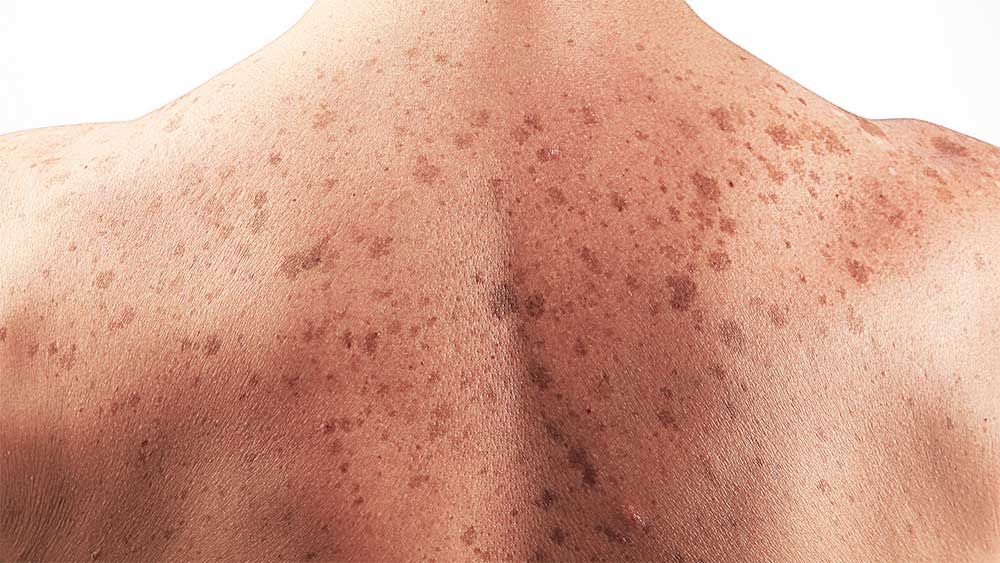
Unfortunately, the US Preventive Services Task Force (USPSTF) has found that there is not enough evidence to distinguish between benefits and harms between this visual full-body screening and regular cancer screenings. Thus, they are undecided—choosing not to declare one or the other (for or against) the use of full-body screenings to determine skin cancer.
“After an in-depth review of the benefits and harms of this preventive service, the task force found that there isn’t enough evidence to know with adequate certainty whether a full-body visual skin screening exam by a doctor does or does not prevent deaths from melanoma,” explains USPSTF and University of Georgia researcher, Dr. Mark Ebell.
This “in-depth review” involved the analysis of 13 studies and 15 articles discussing not only melanoma but also skin cancer screenings as well as health outcomes of cancer patients. The hope, of course, was to cross-reference information to find any proof that the full-body skin cancer screening is definitely effective at determining and treating skin cancer.
Indeed, they did not find any evidence of this; though there was evidence that a small reduction in cancer deaths may be related, but the researchers could not conclude a definite link between visual screening and reduction in mortality rate.
Now, the good news is that most skin cancers do not result in death. Sure, melanoma—the deadliest form of skin cancer, resulting in roughly 68,000 diagnoses and 9,200 deaths per year—only occurs in approximately two percent of skin cancer patients. This year, the USPSTF estimates the numbers will climb, slightly, to 74,000 and 9,940, respectively.
Dr. Michael Pignone is also a member of the USPSTF. In a recent press release, he noted that the task force is devoted to the overall well-being of all Americans and, as a group, is especially committed to aid in the avoidance of [skin] cancer.
He comments, “The Task Force is dedicated to helping Americans avoid skin cancer and lead healthy lives. Until we have more research to better understand the balance of benefits and harms of a clinical visual skin exam, we encourage patients to talk to their doctor about any concerns they have about their skin.”







